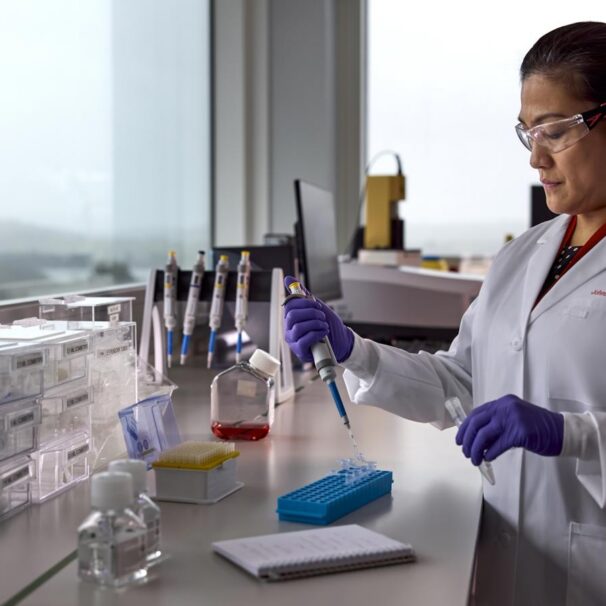HealthProviders DB is a comprehensive database of healthcare providers, including a complete directory of all Chemical Pathology Physicians.
Pathology Healthcare Taxonomy Code 207ZP0104X
As of today, the following are the total number of Chemical Pathology Physicians nationally, in your State, and near your location.
Select a State below to view the list by State. Additionally, you can narrow the list by city, among other options, from the Filter Panel, which you can open by clicking the vertical ellipses ⋮ in the upper right corner of the app.
Alaska – Alabama – Armed Forces Pacific – Arkansas – American Samoa – Arizona – California – Colorado – Connecticut – District of Columbia – Delaware – Florida – Federated States of Micronesia – Georgia – Guam – Hawaii – Iowa – Idaho – Illinois – Indiana – Kansas – Kentucky – Louisiana – Massachusetts – Maryland – Maine – Marshall Islands – Michigan – Minnesota – Missouri – Northern Mariana Islands – Mississippi – Montana – North Carolina – North Dakota – Nebraska – New Hampshire – New Jersey – New Mexico – Nevada – New York – Ohio – Oklahoma – Oregon – Pennsylvania – Puerto Rico – Palau – Rhode Island – South Carolina – South Dakota – Tennessee – Texas – Utah – Virginia – Virgin Islands – Vermont – Washington – Wisconsin – West Virginia – Wyoming
Medicare
The following are the total number of Chemical Pathology Physicians who accept Medicare in your State, the number who have opted out of Medicare, and the total number excluded from participation in Medicare nationwide.
The diagram below shows all the Chemical Pathology Physicians across the country, represented by blue bubbles. The larger the bubble, the greater the concentration of providers in that area. Red bubbles represent Medicare-excluded providers, with the larger bubbles indicating a higher percentage of excluded providers in that region. You can change the bubble size to be based on exclusions from the Size menu.
What do Chemical Pathology Physicians do?
Chemical pathologists are physicians who specialize in interpreting the biochemistry of the human body to diagnose, treat, and monitor diseases by analyzing bodily fluids.
They act as clinical consultants, using laboratory test results, such as blood glucose, electrolytes, and liver enzymes, to provide insights into patient health, confirm diagnoses, and guide treatment decisions for conditions like diabetes, kidney disease, and metabolic disorders.
What they do
Analyze biochemical data: This involves interpreting a wide range of laboratory tests performed on bodily fluids, such as blood, urine, and cerebrospinal fluid.
Diagnose diseases: They use biochemical data to detect, confirm, and elucidate the underlying causes of disease.
Monitor conditions: They track the progress of ongoing medical conditions by analyzing changes in biomarkers over time.
Consult with other doctors: They serve as a key resource, providing expert advice to other physicians on appropriate tests and the interpretation of complex results.
Guide treatment: They provide information that helps other doctors choose and adjust treatments, including recommending specific medications or therapies.
Investigate metabolic and organ-specific disorders: Their work includes assessing liver and kidney function and managing conditions such as diabetes.
Aspects
Multidisciplinary teamwork: They work collaboratively with other healthcare professionals, including clinicians and laboratory staff.
Biochemistry expertise: They possess a profound understanding of the biochemical processes that occur within the human body.
Problem-solving and detective work: They are adept at identifying conditions from test results and finding the correct tests to answer clinical questions.
Communication: They are skilled in communicating complex biochemical information to healthcare colleagues and patients.

